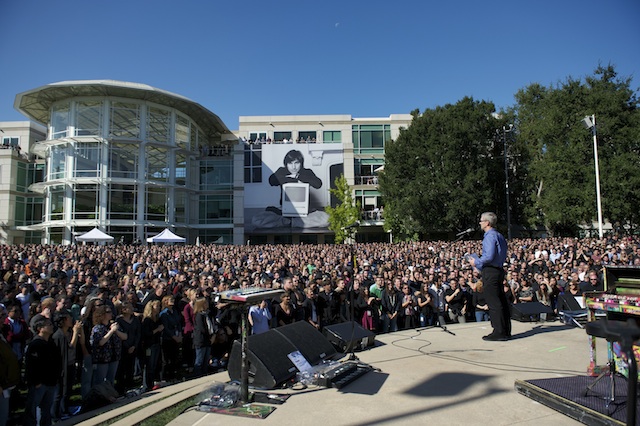Offering free products to students and academics has long been a tactic used by software companies to build their market presence. The current fight for dominance in the cloud is seeing the same tactics being used.
Last week I had the opportunity to talk to Amazon Web Services’ Glenn Gore about his company’s academic support program.
Part of that conversation ended up in a story for The Australian about how researchers are now using cloud computing services and it’s worthwhile looking at how AWS are using this program to cement their products’ market positions.
“We work with the majority of universities across Australia,” Gore said. “It’s part of an international focus around how we support the education sector in general.”
In some respects AWS’s behaviour isn’t new, for years Microsoft, Autodesk and Adobe have had programs offering free or deeply discounted products for academic or student use. The success of those schemes in becoming defacto industry standards is no small reason why these companies have dominated many sectors.
Microsoft themselves have the similar Bizspark program for tech startups and it’s easy to see how that initiative is helping push Azure’s adoption into a field that has been dominated by AWS.
One of the drawbacks though with cloud computing services is the risk of ‘sticker shock’ where customers end up with big bills. One of the universities I spoke to in researching the story recounted how 0ne of their faculties was presented with a huge AWS invoice because their engineers didn’t provision the services correctly.
This is where AWS’s team steps in with advice for researchers, “in the case of Koala Genome Project use the on-demand model, the standing pricing model for the cloud,” recounts Gore in pointing out the nature of their work could use spot-pricing to take advantage of cheaper prices in off-peak times. “As a result of making that one change they were able to do eighty percent more research.”
Getting more research time is always attractive for researchers and Dr Rebecca Johnson who leads the Australian Museum’s part of the koala consortium was particularly effusive about the support from AWS staff,
“What we have been able to access via this partnership with AWS is compute time and compute capacity that we just would not have had access too,” Dr Johnson said in a media release. “It would have cost us thousands and thousands of dollars to create and we just would not build such a computer system these days. You would not create your own computer infrastructure as we would only use a fraction of it anyway. So, it is great for us to piggy back off these already built systems.”
Being a relatively small institution, the Australian Museum is a good example of how cloud computing can work for those without the resources of big universities or corporations in the same way small businesses and startups can access resources formerly only available to enterprises.
Amazon’s programs though show the Microsoft model of getting students and startups onto their systems early pays dividends. It’s good for academic institutions but one wonders whether it’s also another form of vendor lock in.




